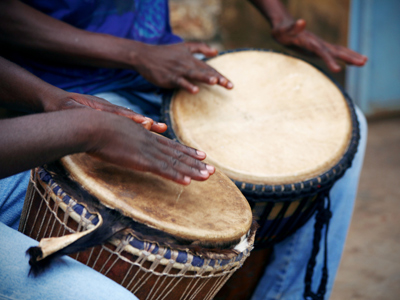
Composition (Basics) 01
Composition is one aspect of music. This unit is specifically focused around the practical basics of composition. Thus this music quiz is more a compilation of specific terms noted for learning by the KS3 syllabus.
Dynamics and timbre are two examples of the basics of composition. According to the 18th Century French composer, Jean-Benjamin de Laborde, 'Composition consists of two things only. The first is the ordering and disposing of several sounds...in such a manner that their succession pleases the ear. This is what the Ancients called melody. The second is the rendering audible of two or more simultaneous sounds in such a manner that their combination is pleasant. This is what we call harmony, and it alone merits the name of composition.'
See how dynamic you are and give this a whirl to test your knowledge of the basics of composition. Good luck!!
Ready for more?
not all...
quizzers. Try to win a coveted spot on our Hall of Fame Page.







